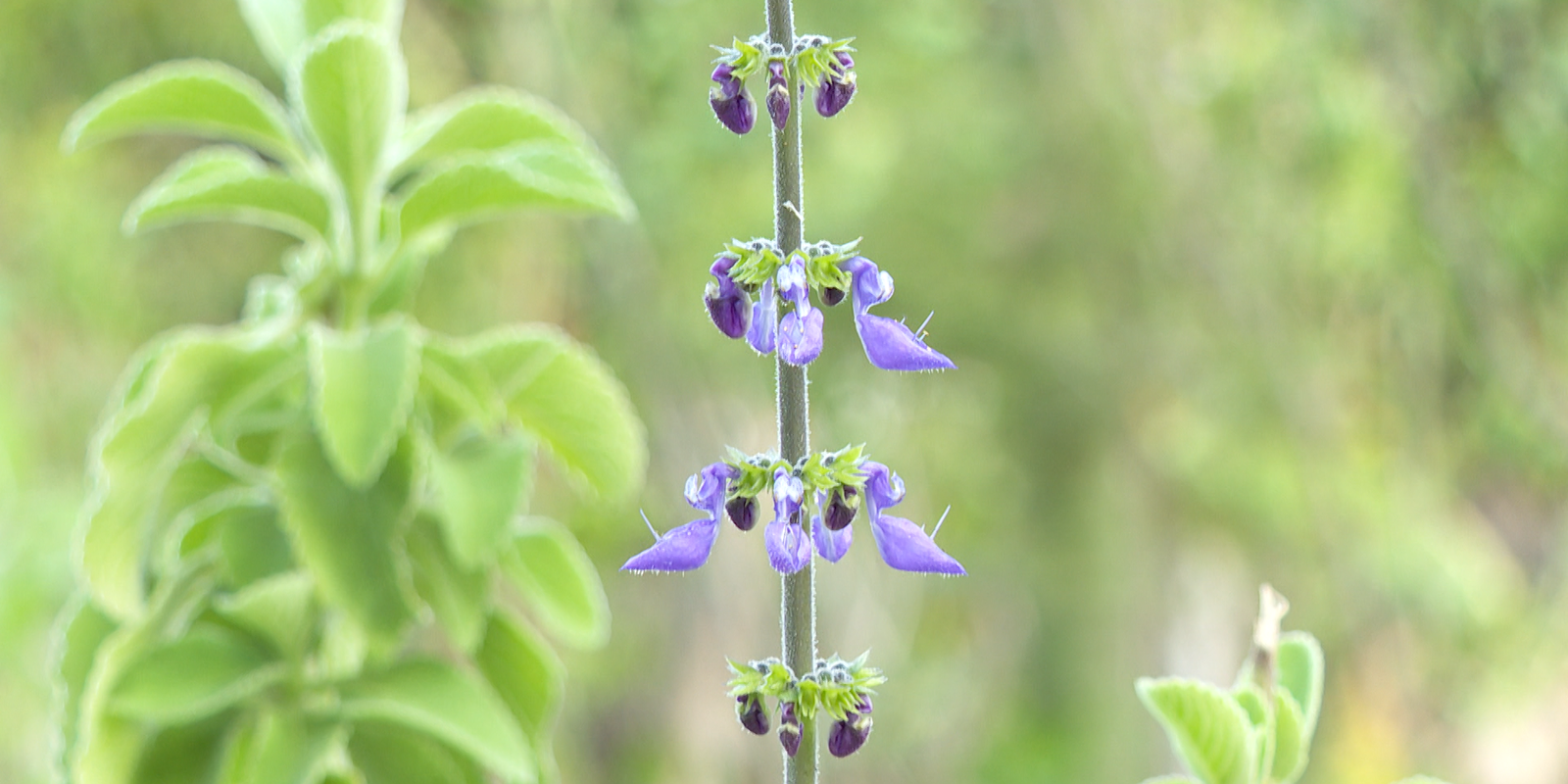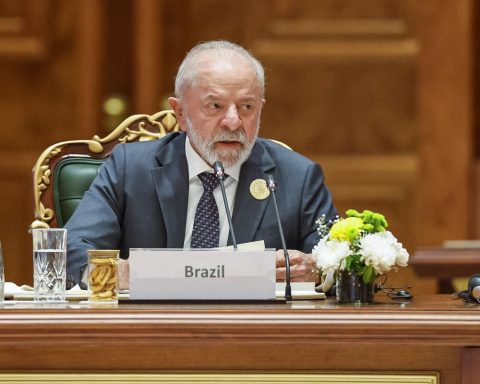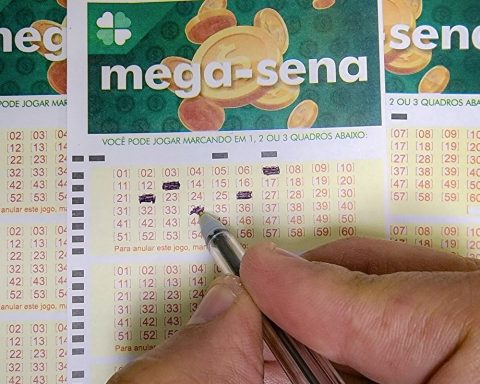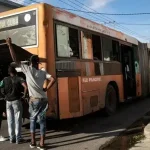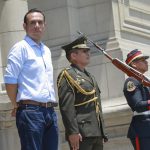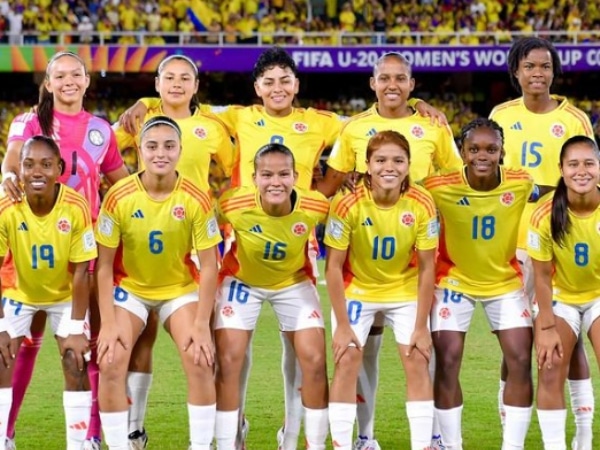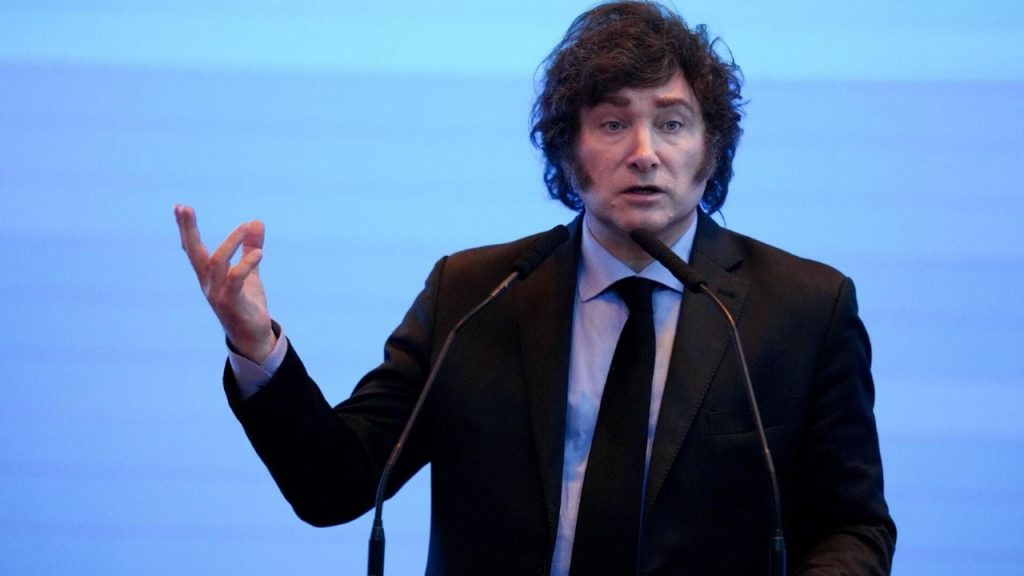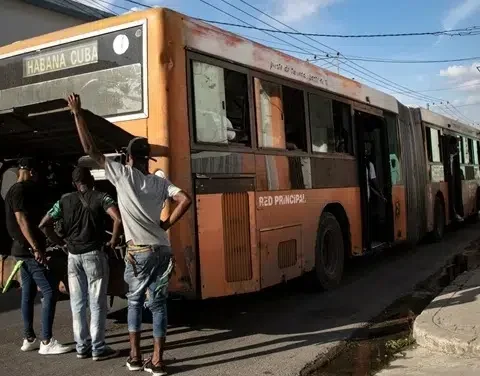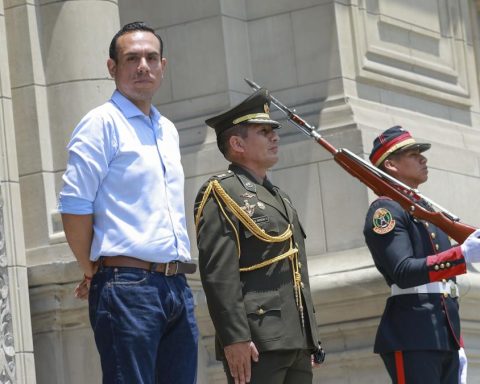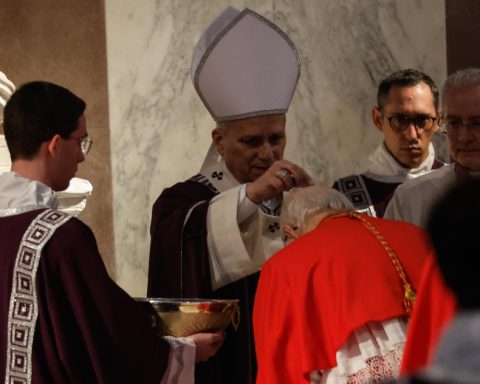With the aim of democratizing access to medicinal plants and phytotherapy (a form of treatment that uses medicinal herbs to treat and prevent diseases), the first Farmácia Viva de Maricá was opened in the metropolitan region of Rio de Janeiro. The initiative is the result of the Farmacopeia Mari’ká project, carried out by the Maricá Development Company (Codemar), linked to the city government, and the Federal Rural University of Rio de Janeiro (UFRRJ). 
Around 30 species of medicinal plants are cultivated on 4,000 square meters at Codemar’s Nossa Senhora do Amparo Farm. In addition to producing medicines, the initiative promotes the training of small rural producers to plant these herbs.
“With Farmácia Viva, we intend to promote health for the population, but also generate income for producers. The project itself will provide seedlings of certified plants to associated farmers and purchase their production for processing,” explains João Araújo, professor of Agronomy at UFRRJ and coordinator of Farmacopeia Mari’ká.
Using traditional knowledge of native plants, remedies are produced with medicinal fungi and essential oils for repellent lotions, and even medicines for pets. “The Mari’ká Pharmacopoeia also includes production aimed at the animal sector, especially pets, which today is completely unattended when it comes to natural medicines.”
All products developed within the project are free of charge and those that do not require a prescription are already being distributed, such as teas, guaco syrups and citronella repellent lotions. “The other products are being produced, but will be distributed based on the guidance of the project pharmacist and the municipal Health Department,” the coordinator told Agência Brasil.
According to the city government, distribution does not occur on a large scale, but at fairs and lectures. “Liquid soaps, essential oils, spray citronella and flavored alcohol gel, among other products. The distribution of the products is scheduled for the end of the year in partnership with the Unified Health System (SUS), as a phytotherapeutic service with pharmaceutical monitoring.”
According to Professor Araújo, the city was chosen because it already has initiatives in the areas of agroecology, agriculture, income, social development and local food production. “This project is a strategy to improve the quality of life of the population and generate income in addition to the oil royalties that Maricá already receives, so we are preparing the city for a local, regional and sustainable economy in the future,” he said. The idea is for the project to serve as a model for cities in other Brazilian regions.
Araújo reported that Farmácia Viva is in the final stages of construction, with presentations to health agents from Maricá and neighboring municipalities, through training for doctors and veterinarians. Once this stage is completed, Fazenda Nossa Senhora do Amparo will be prepared to receive pharmacists and the population.
*Reporter Cristiane Ribeiro from Radiojournalism collaborated EBC
*Intern under the supervision of Vinícius Lisboa
